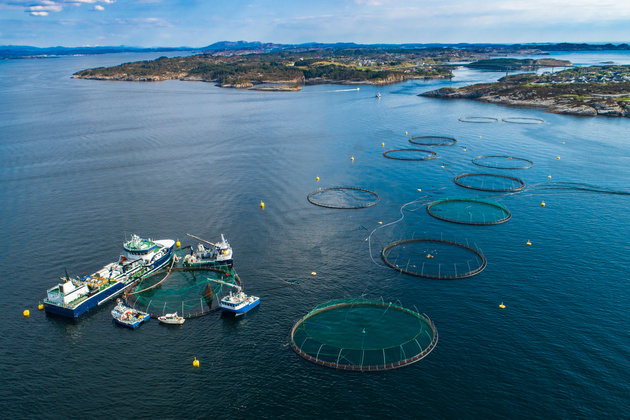ÅRSAK
Reasons for rejection of aquaculture site applications

The project maps reasons for rejection of site applications, to what degree a lack of knowledge has mattered, and recommends themes for new research.
Start
13. Nov 2024
End
01. Apr 2026
Funded by
FHF - Norwegian Seafood Research Fund
Cooperation
Akvaplan-niva, NIVA, NCA Aquaculture, Cod Cluster, Norwegian Seaweed Association
Project Manager(s):
Other Participants:
Background
When an application for an aquaculture site is processed, various authorities must take into account a number of factors, ranging from the welfare of the species to be farmed, to the environmental impact, and coexistence with other coastal users.
In situations of uncertainty or limited knowledge, the precautionary principle should in some cases be applied. If there are types of cases where this approach is frequently used, more research may be advisable. A lack of knowledge can also lead to discretionary decisions, which increases the risk that similar cases will be treated differently across the country.
Objectives
In this project, we will look at why applications for aquaculture sites are sometimes rejected. We will also highlight where more knowledge is needed, and suggest topics for future research and development. The goal is to make the management of aquaculture sites more consistent and predictable across the country.
What we do
Nofima leads the work to map reasons for rejections and statistically analyse them. We contribute to in-depth analyses of knowledge gaps and knowledge uncertainty and recommendations on topics for prioritised knowledge needs and research.
The project is lead by Akvaplan-niva.
